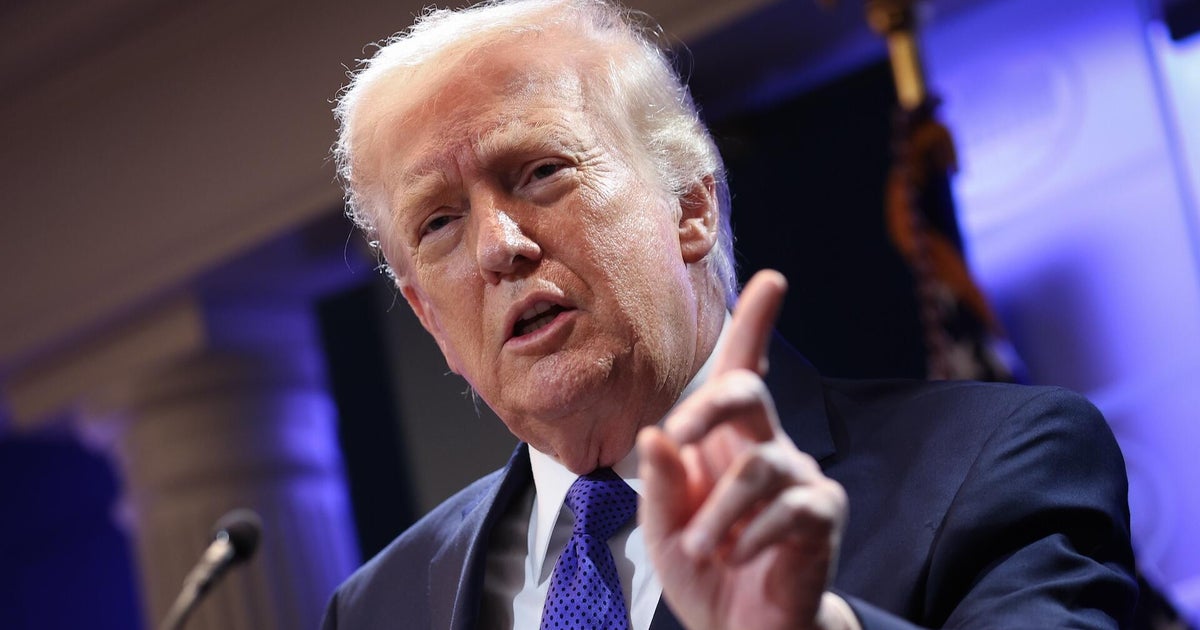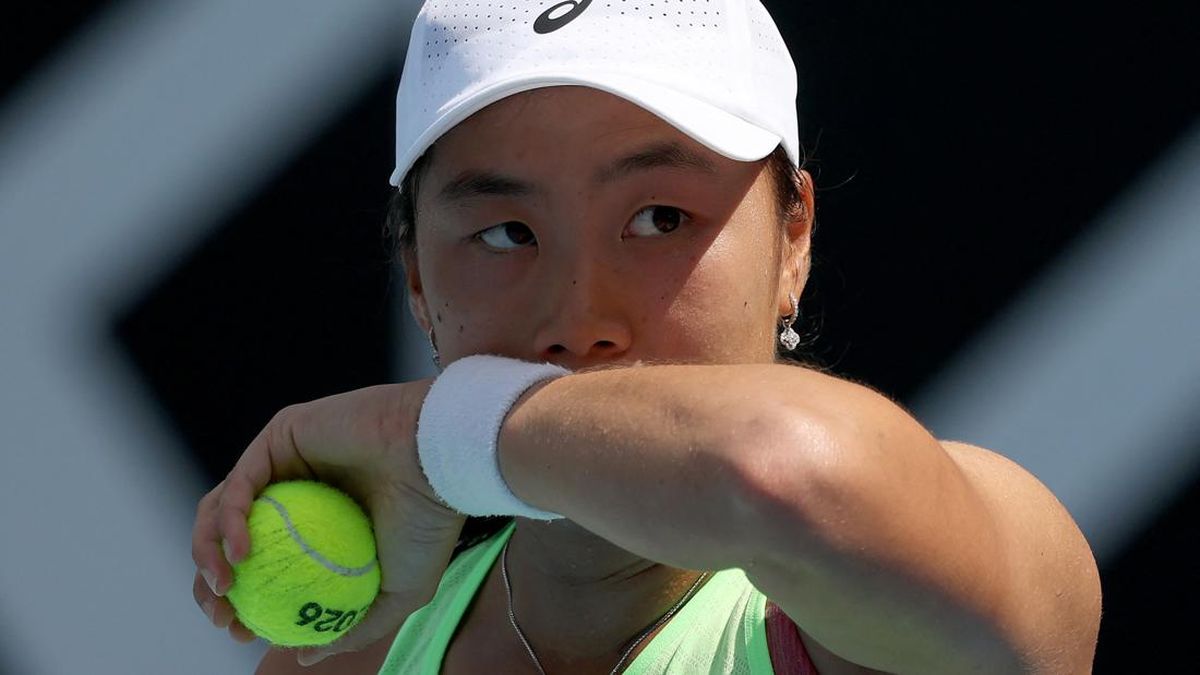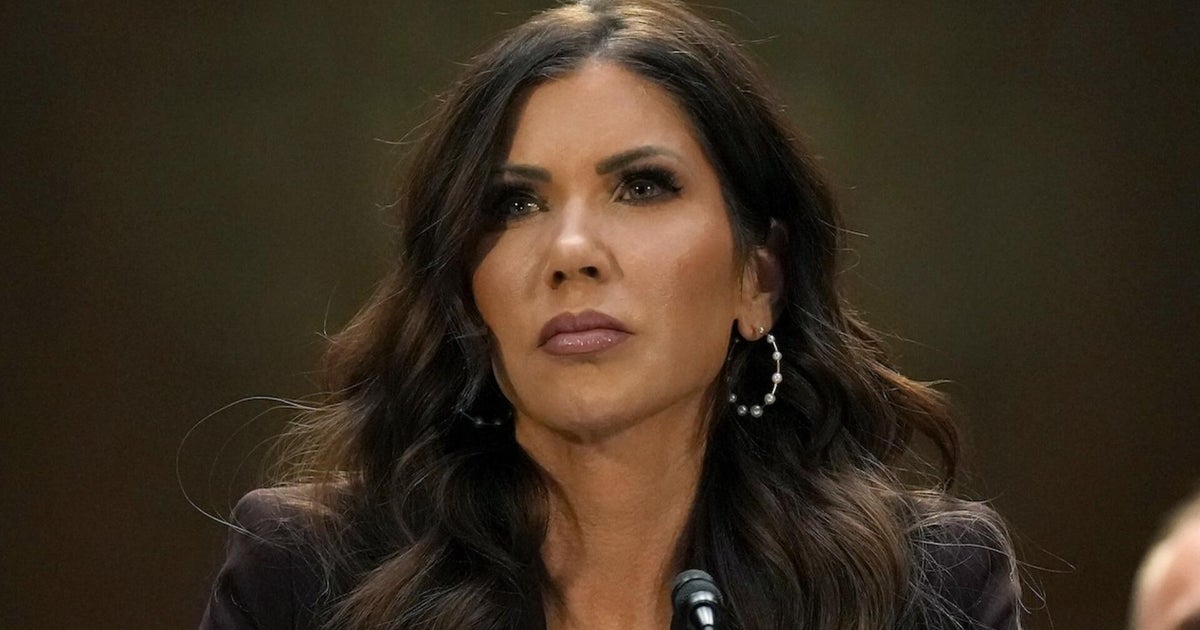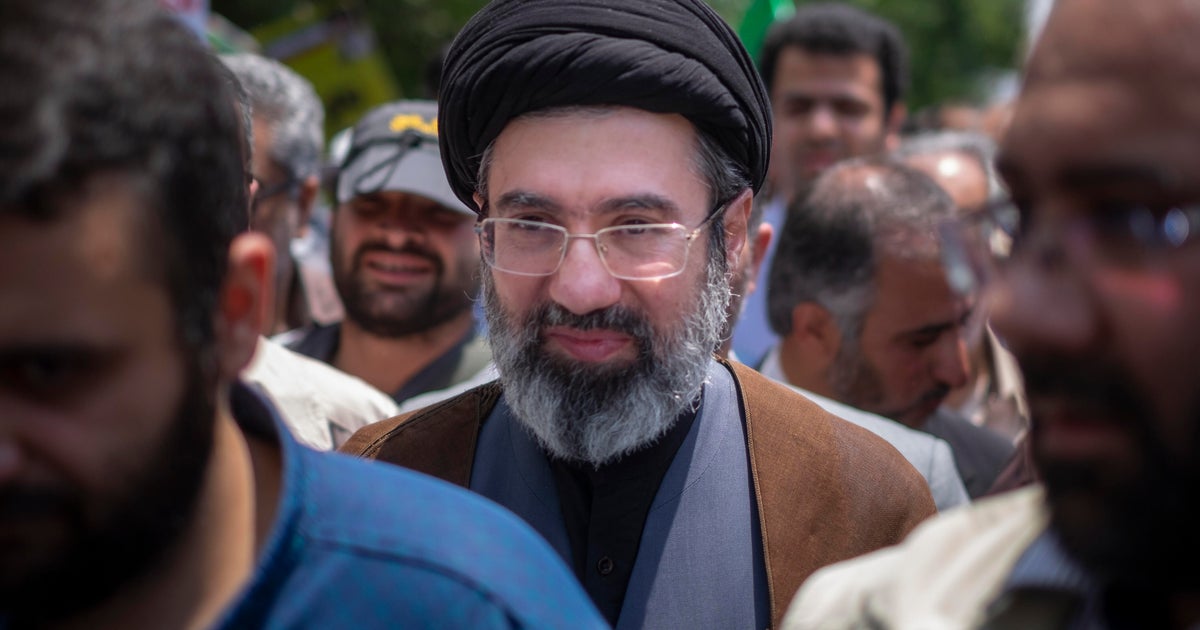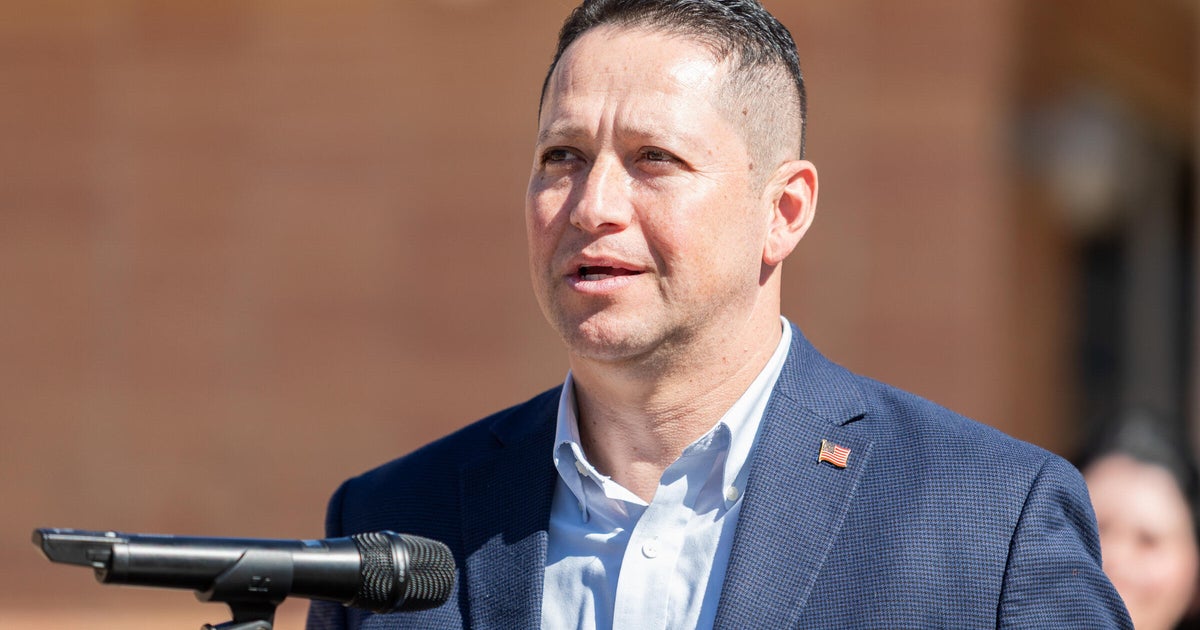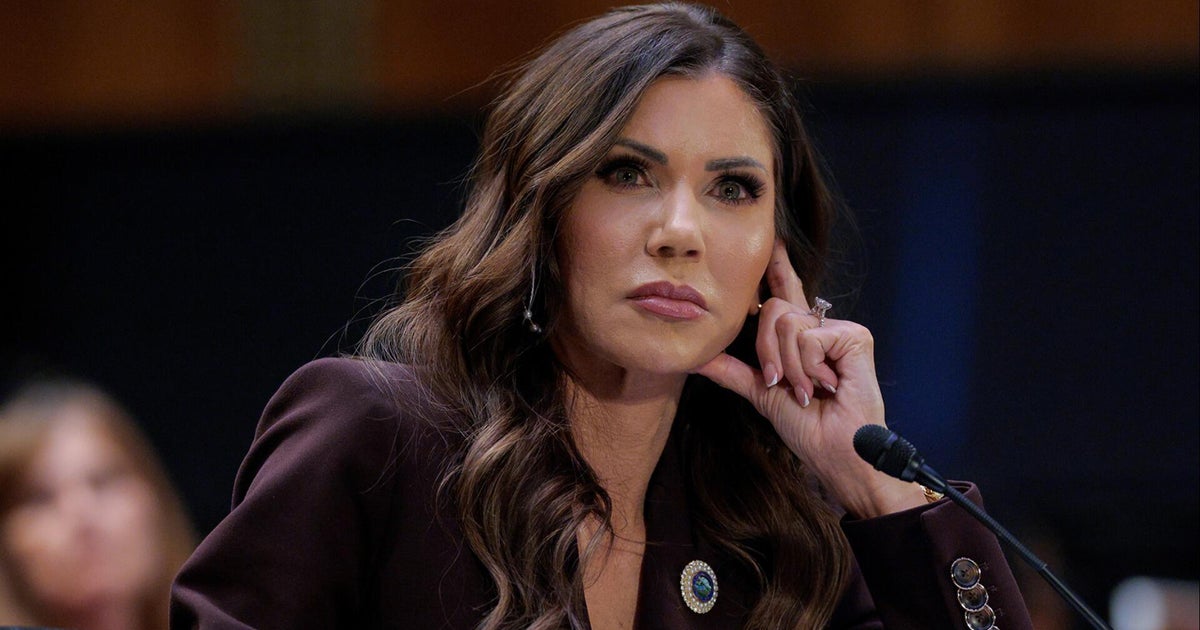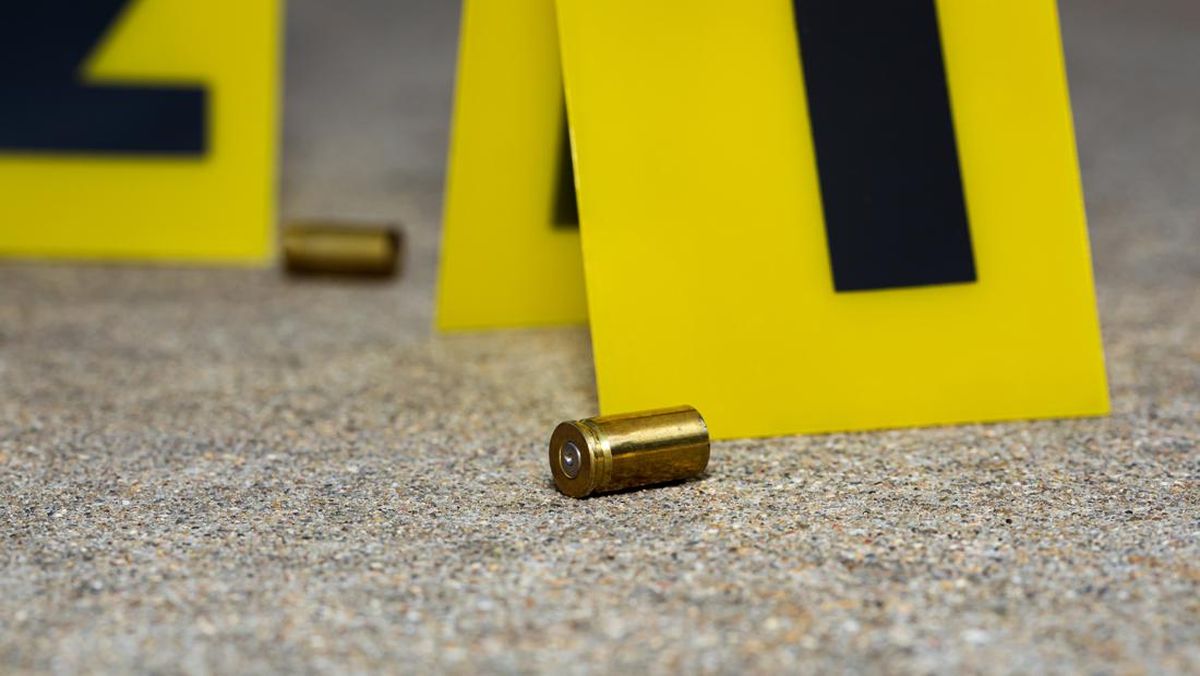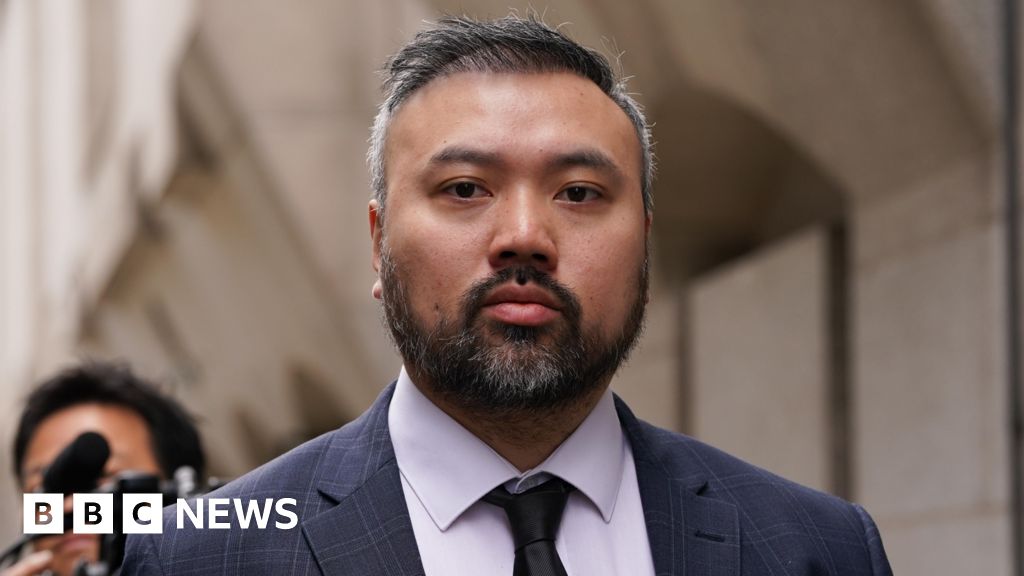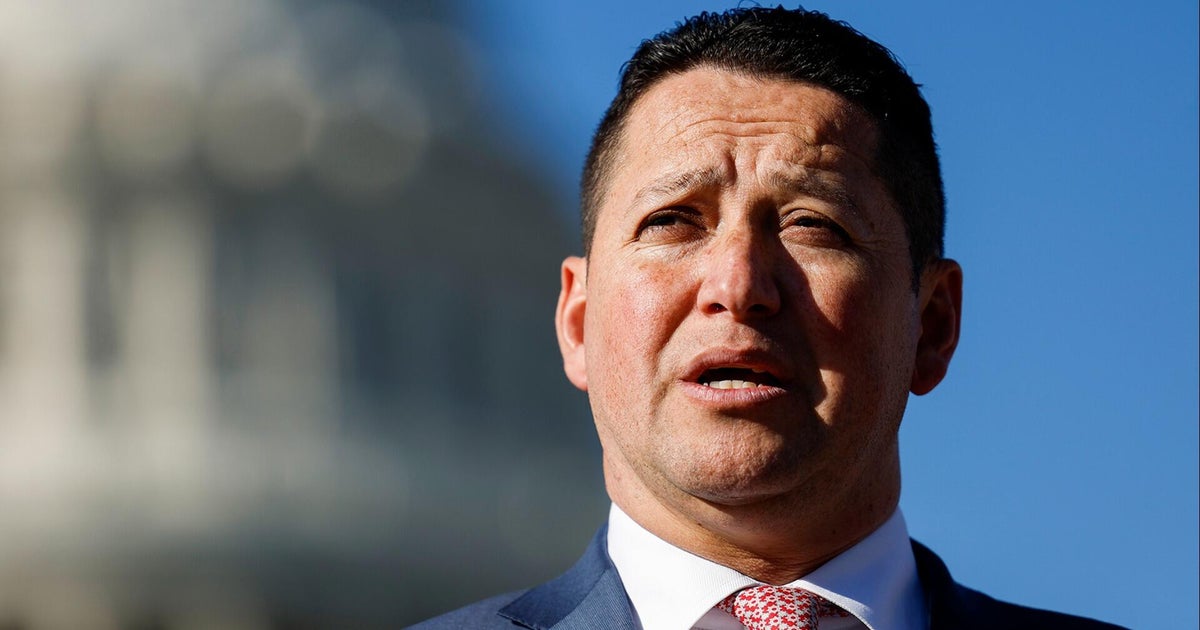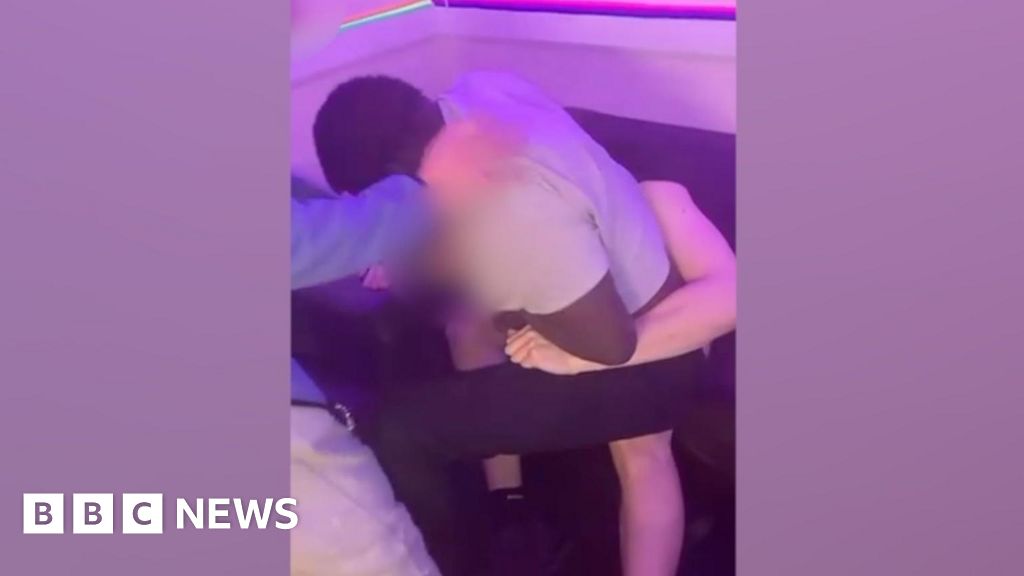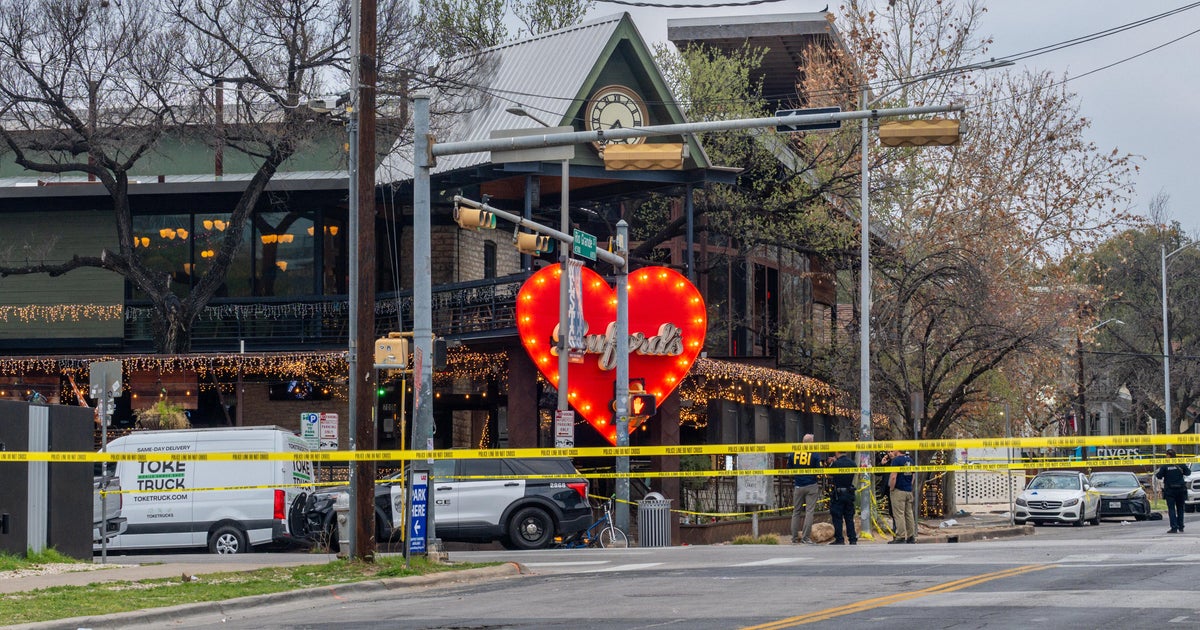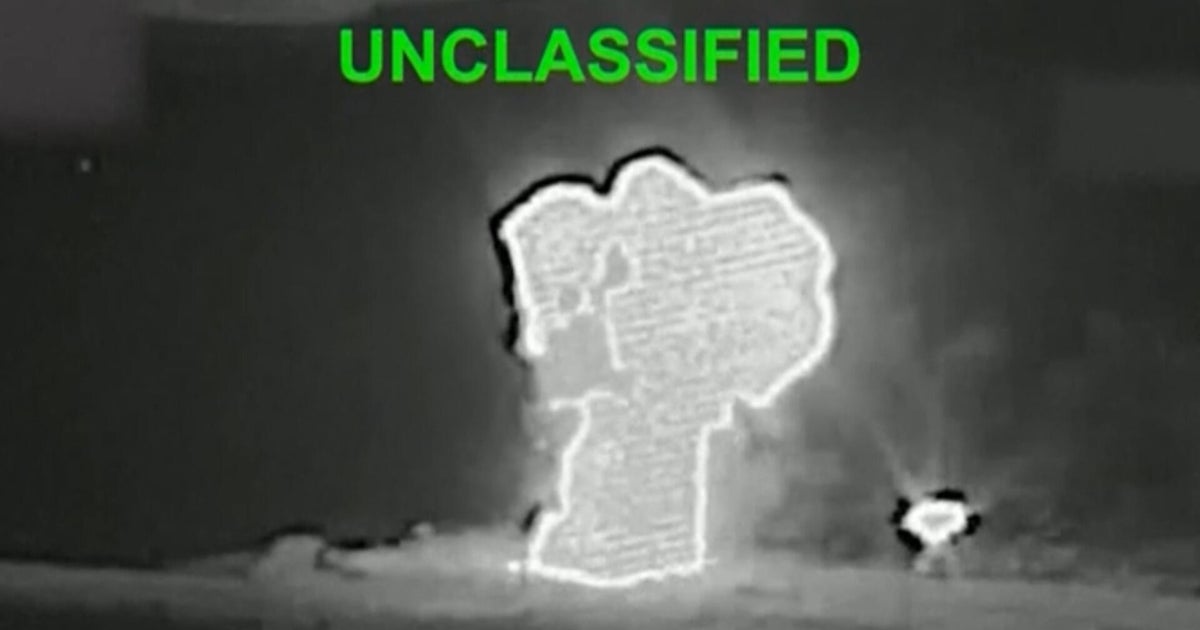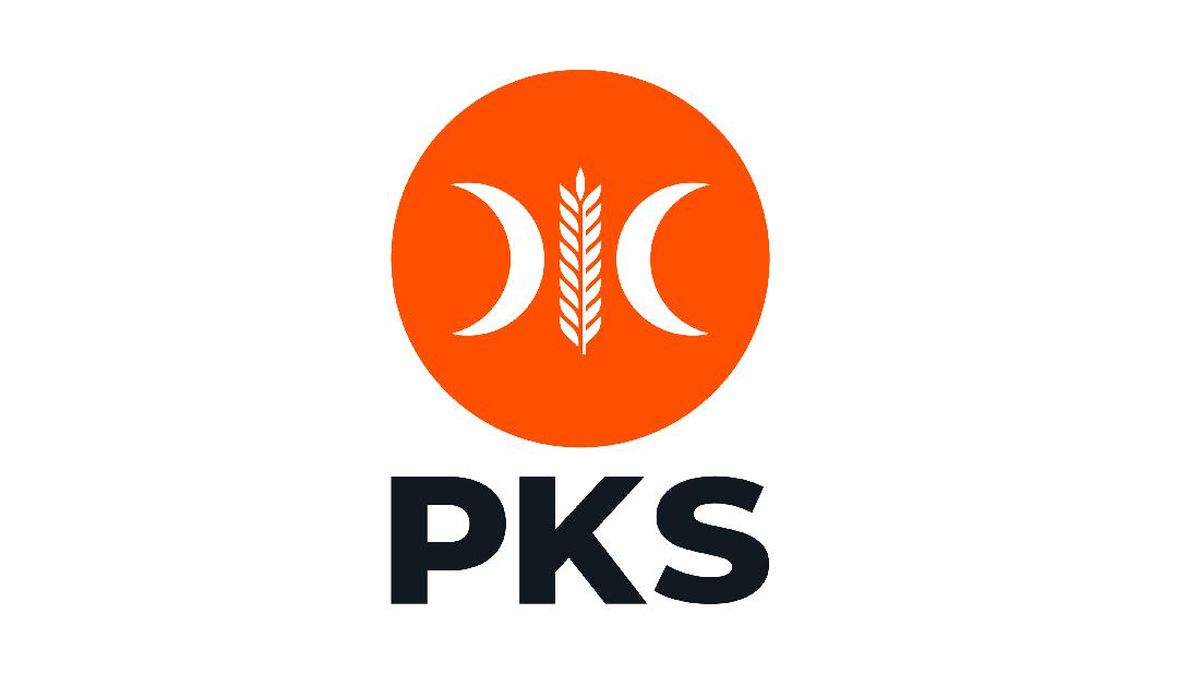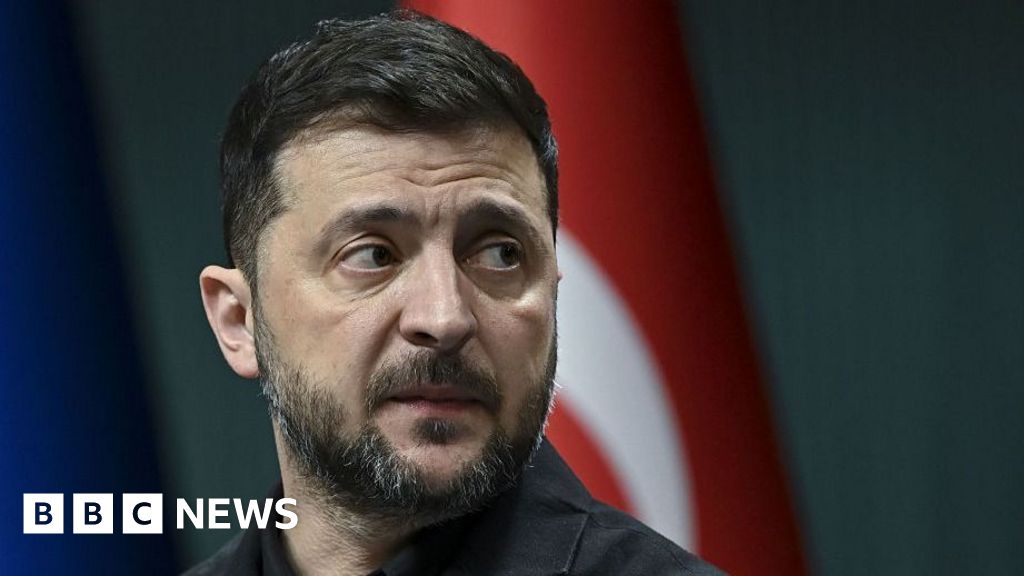The senior public servant who oversaw the introduction of Australia’s first pill testing programs has described the Crisafulli government’s unwinding of Queensland’s fledgling scheme as “absolutely staggering”.
Michael De’Ath, a former ACT Health and Queensland Education department head, has spoken publicly for the first time after the recently legislated ban.
“It’s particularly alarming as we head into something like schoolies,” De’Ath said in an interview with this masthead.

Queensland Premier David Crisafulli and former senior public servant Michael De’Ath.Credit: Michael Howard
Despite flagging its opposition to the former government’s drug reforms before last year’s state election, the LNP allowed already contracted pill testing services to operate at the official 2024 schoolies event on the Gold Coast the following month.
Since then, it has stripped funding from the sector and banned its work in rushed legal amendments after the operator of the state’s two short-lived fixed-site services geared up to resume operations in September with philanthropic funding.
Various government ministers have justified the decision by claiming pill checking condones the use of illegal drugs – which there is “no safe way to take” – and, by extension, supports the illicit drug trade.
But a recent government-commissioned review found the scheme’s successful implementation detected “significant numbers” of unexpected, more dangerous additives, and drew suggestions it could actually force accountability from suppliers.
Former public servant speaks out
De’Ath was director-general of ACT Health when it launched Australia’s first trials at Groovin’ the Moo festivals from 2018, and has worked as a public servant across Australia and New Zealand for more than two decades.
Many of those roles spanned child protection and education, with his latest position being director-general of Queensland’s education department from December 2021 until he was swept out in the first wave of the Crisafulli government’s overhaul of public service bosses.
“I’ve engaged and been involved in the policy space with … young people for a very long time,” De’Ath told this masthead in an interview, noting he was “more than concerned” by Queensland’s stance.
Loading
“And I think that’s particularly alarming as we head into something like schoolies, where – once again, I can’t emphasise enough – we’d love to believe that all young people would do the right thing all the time, and they wouldn’t engage in risk-taking behaviour,” he said.
“But we do know that in those contexts there is a degree of risk-taking behaviour that young people engage in. So, the opportunity lost to save lives or reduce harm, I find quite surprising.”
De’Ath said he felt for other sections of the public service which would have to “pick up the consequences” and doorknock the homes of any young person who was injured or killed.
He also said he found it “quite alarming” that a senior member of the government would discredit another jurisdiction pursuing the programs as “commies”, after Deputy Premier Jarrod Bleijie’s attack on the Allan Labor government in Victoria.

Pill testing services have been scrapped in Queensland.Credit: CheQpoint
“I find that particularly disturbing in this day and age that such a comment would be made ... [about] a government choosing to take action that the evidence would show reduces harm and can save lives,” De’Ath said.
“A number of jurisdictions across Australia and elsewhere in the world [are] doing this work and saving young people. Goodness, you know, it’s not like it’s a new thing.”
In a statement, Bleijie reiterated the government’s view that “there is no safe way to take drugs”.
“We will not be rolling out the welcome mat to drug dealers in Queensland like Queensland Labor and other Labor states have,” he said.
“As a father of two young adults and a teenager, I want to do everything we can to protect the health and safety of our young people.”
Evaluation found ‘successful implementation’
A University of Queensland evaluation of the drug checking service, ordered by the former Labor government and only released by the LNP as it passed laws banning it, found 1341 people attended fixed and mobile sites.
Of these, more than half were able to speak to a health professional for the first time about their drug use as a result. Follow-up surveys found two-in-five did not use the tested sample, one-in-five used less, and one-in-10 disposed of some.
Only 57 per cent of samples tested contained just the substances expected, with “significant numbers” also containing “unexpected psychoactive substances, creating additional risks”.
De’Ath said, in the face of the growing evidence base supporting the services as a harm-reduction method, he found Queensland’s decision to ban it “staggering, absolutely staggering”.
“I can’t think of a good reason why you wouldn’t do it,” he said. “I know the argument that’s put forward is some ideology, if you like, of no drugs are good drugs.
“If we’re not going to do something in the face of pretty compelling evidence that saves lives, what are we going to stop doing that we’re already doing that’s having that positive impact?”
In a section of the evaluation on unintended consequences, the authors noted multiple participants and stakeholders suggested drug checking could deter manufacturers and distributors from adding other dangerous substances.
“If substances were found to contain adulterants, they may be less likely to purchase the substance from the same person in the future,” the report said – something De’Ath called a “terrific outcome”.
Considerations for the future, the evaluation team wrote, included expanding resourcing and the number of fixed-site locations or regional mobile services, and investing in better technology.
Asked at a media conference last week about his concern that teens attending schoolies may have fewer tools at their disposal to know about the circulation of drugs with more dangerous additives, Health Minister Tim Nicholls leaned again on his government’s now common refrain.
“We simply say, as we have always said, there is no safe way to take drugs, and that is the very clear message that we have been consistent about all the way through,” he said.
Most Viewed in Politics
Loading

